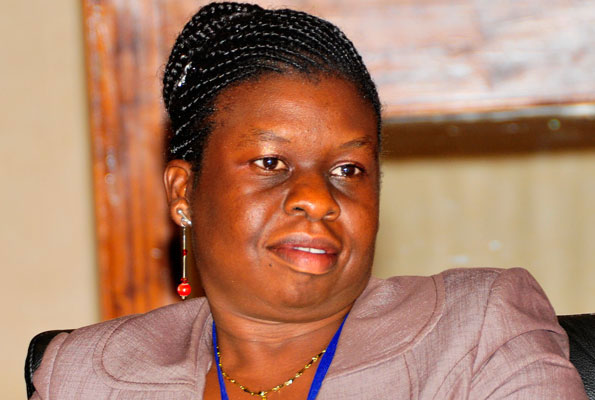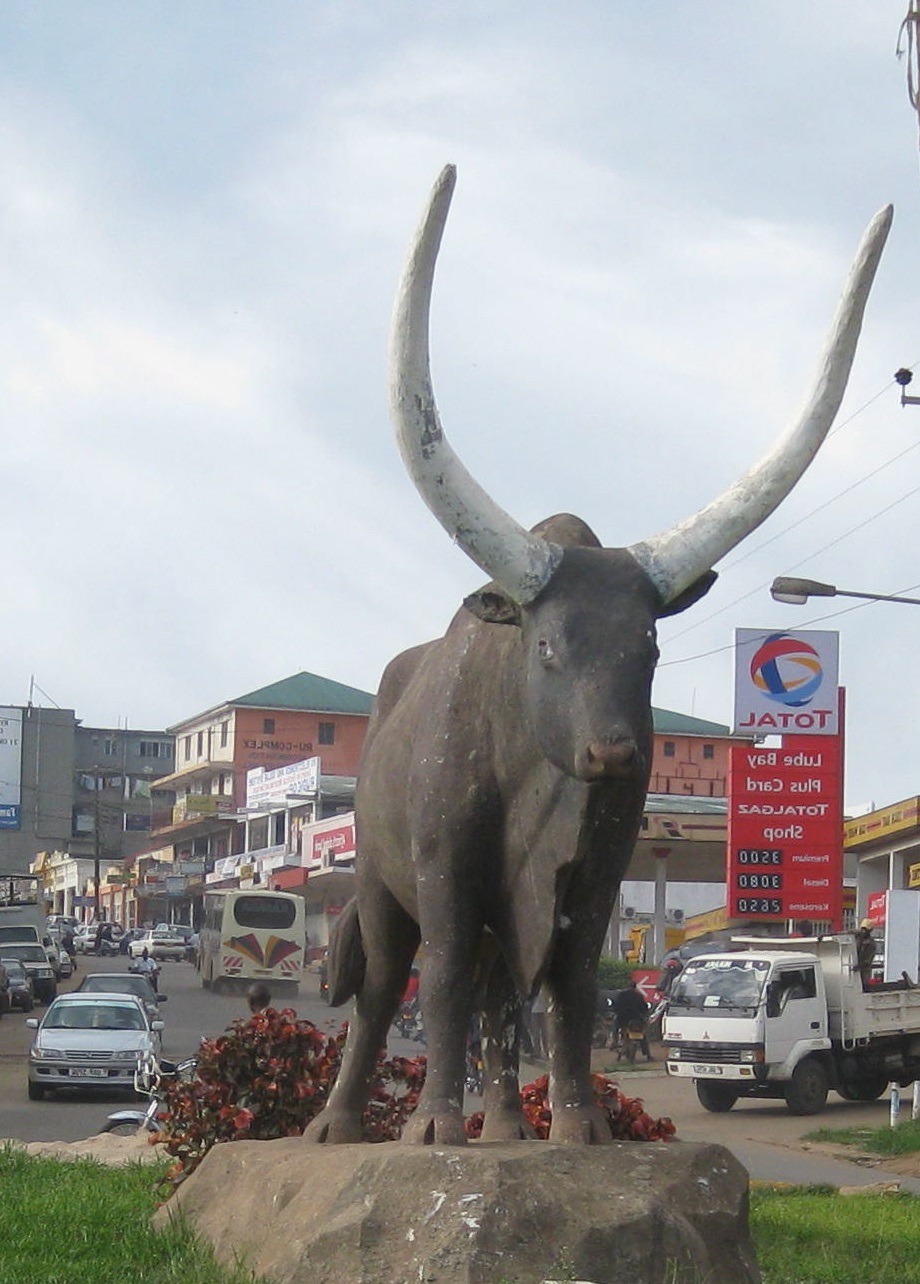The Committee on Commissions State Authorities and Statutory enterprises (COSASE) today tasked Uganda Revenue Authority (URA) officials to explain circumstances under which fuel that had been impounded went missing, forcing the tax body to pay Shs63M in compensation.
URA officials led by the Commissioner General, Doris Akol (in featured photo) had been summoned to respond to queries raised in the 2013/2014 Audit reports that noted that Government was forced to pay businessman John Imaniraguha, who owned Fuelex Petrol Station after some of the fuel URA impounded pending verification was stolen in the custody of Shell Uganda.
During the interface the committee discovered that upon impounding the fuel tank, URA officials never carried out due diligence on the fuel quantities and later Imaniraguha reported that some of his fuel was missing.
Akol said after the fuel was intercepted, it was deposited with Shell Uganda and after the case was resolved and owner was supposed to pick it but they found that portion of it was missing.
“That didn’t take place with customs,” Akol noted.
However, her statement attracted more questions with Jinja East MP, Paul Mwiru tasking Akol to explain the arrangement URA has with Shell to allow the tax body deposit it with fuel.
Akol told the Committee that at the time, Shell operated a hospitality arrangement that would allow companies and individuals to deposit fuel, an arrangement that URA took advantage of.
She added that the UPDF officer who impounded the fuel at the Malaba border was recalled from duty by the Army.
COSASE Chairperson, Mubarak Munyagwa asked Akol to explain why URA didn’t consider having an agreement with Shell and if Shell had become part of URA.
“I can’t understand how you impound meat and keep it in a zoo with a hyena. People’s property is being impounded with impunity, unless we investigate this matter of fuel to its conclusion, we wouldn’t have helped the public. This is just a tip of the ice berg,” Munyagwa said.
Mwiru rejected the decision to have the UPDF officer take blame for the missing fuel arguing; “Can 9000 liters be put in a pocket? How did an officer move away with 9000 liters of fuel? It is inconceivable that one officer can take away [that fuel]. What was the time spell taken from time of ceasing the fuel?”
James Kisame, Assistant Commissioner Enforcement told the Committee that the case occurred in 2006 when the importer brought in fuel consigned for DRC and he prepared transit documents showing it was en-route to DRC and when URA officers looked at document and discovered documentation was fraudulent, that is when they decided to impound the fuel.
He explained: “The practice of this tax payer he used to divert fuel on market by not paying tax and in the process of passing through Uganda he finds mechanism of remaining in Uganda. He had used fictitious names in DRC who actually don’t exist and proceeded to impound.”
He later admitted that URA fell short of its obligations when they failed to measure the fuel upon confiscation.
“There is a possibility that fuel didn’t get lost because documents indicated higher fuel; this was transit fuel. In terms of procedure we don’t measure fuel in transit because it belongs to another country,” he said.





